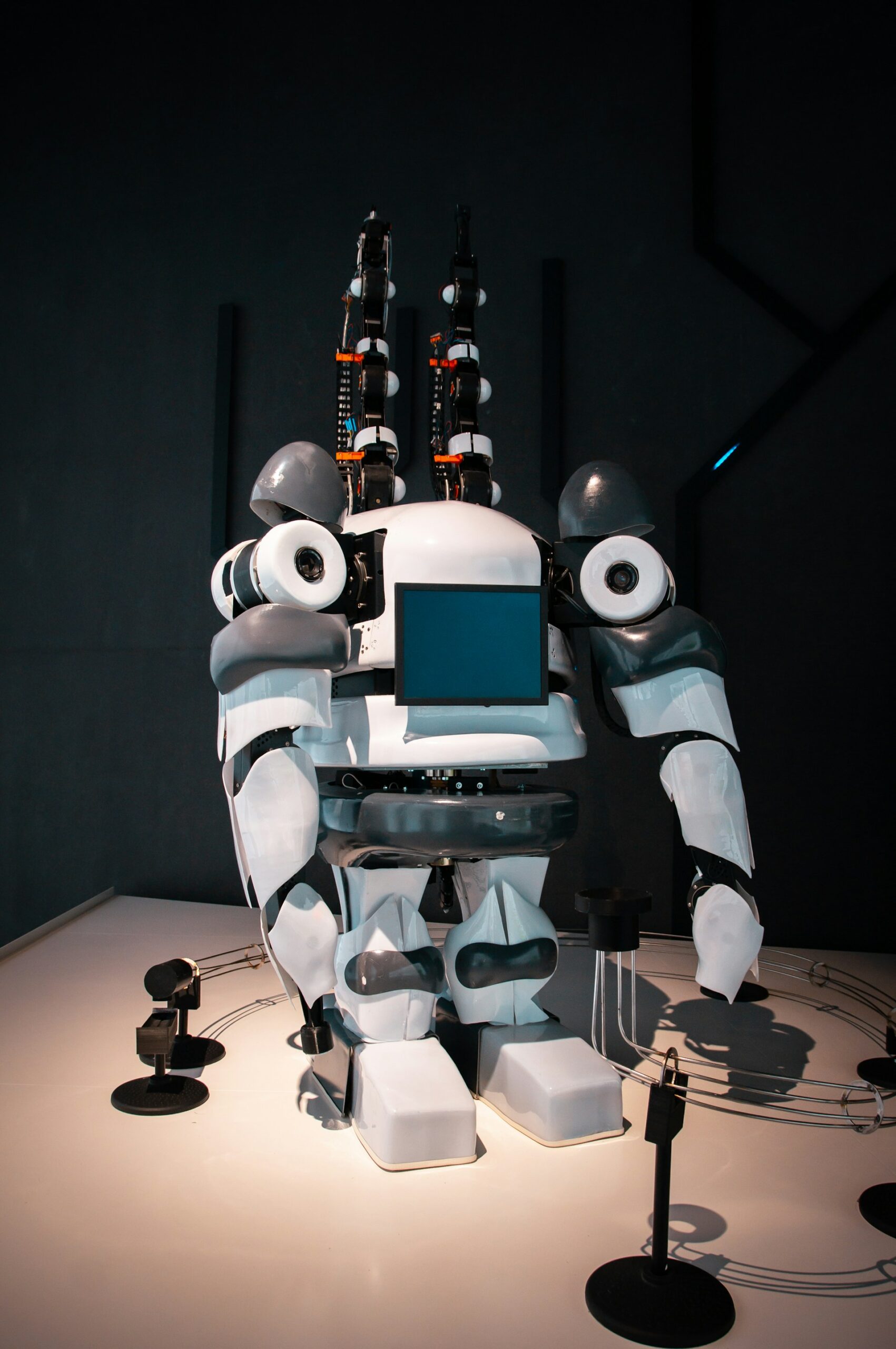Introduction
Artificial Intelligence (AI) has transitioned from being a futuristic concept to an integral part of our daily lives. From smart assistants to personalized recommendations, AI is reshaping how we interact with technology. As AI continues to evolve, its applications become more sophisticated, permeating various aspects of our lives, from healthcare to entertainment. In this article, we delve deeper into the multifaceted world of AI, exploring its current applications, benefits, and future potential.
AI in Smart Assistants
One of the most noticeable applications of AI is in smart assistants like Siri, Alexa, and Google Assistant. These AI-powered assistants can perform a variety of tasks, such as setting reminders, controlling smart home devices, and providing weather updates. They use natural language processing (NLP) to understand and respond to user queries, making interactions more intuitive and efficient.
Smart assistants are evolving beyond simple commands. They are becoming integral to managing smart homes, where they control lighting, thermostats, security systems, and more. By learning user preferences, these assistants can anticipate needs and perform actions proactively. For example, they can suggest when to leave for an appointment based on traffic conditions or reorder household supplies when stocks run low.
Moreover, the integration of AI in smart assistants is fostering accessibility. Voice-controlled devices are particularly beneficial for individuals with disabilities, providing hands-free operation and enabling greater independence. The continuous improvement of speech recognition accuracy and the ability to understand different languages and accents further broaden their usability.
Personalized Recommendations
AI algorithms analyze user behavior to provide personalized recommendations on platforms like Netflix, Spotify, and Amazon. By understanding our preferences and habits, AI helps us discover new content and products that match our tastes, enhancing our overall experience. These recommendations are not random but are the result of sophisticated algorithms that analyze vast amounts of data to predict what users might like.
For instance, Netflix’s recommendation system considers factors such as viewing history, ratings, and the preferences of similar users. This personalized approach keeps users engaged and increases satisfaction. Similarly, Spotify uses machine learning to curate personalized playlists like Discover Weekly, which introduces users to new music based on their listening habits.
E-commerce platforms leverage AI to enhance the shopping experience. Amazon’s recommendation engine suggests products based on browsing history, past purchases, and what other customers have bought. This personalization increases the likelihood of purchases and improves customer satisfaction.
The benefits of AI-powered recommendations extend to various industries, including news, where platforms like Google News and Apple News provide personalized news feeds, ensuring users stay informed about topics of interest.
AI in Healthcare
AI is revolutionizing the healthcare industry by improving diagnostics, treatment plans, and patient care. Machine learning algorithms can analyze medical data to detect patterns and predict outcomes, enabling early intervention and more accurate diagnoses. AI-powered tools like wearable health monitors and telemedicine platforms are making healthcare more accessible and efficient.
In diagnostics, AI systems can analyze medical images, such as X-rays and MRIs, to detect abnormalities with high accuracy. For example, AI algorithms are used to identify early signs of diseases like cancer, often outperforming human radiologists in certain tasks. This early detection can significantly improve patient outcomes by facilitating timely treatment.
AI is also transforming treatment planning. By analyzing patient data, AI can recommend personalized treatment plans that are tailored to individual needs. This approach is particularly beneficial in complex cases where traditional methods may fall short. For instance, AI can help oncologists design customized cancer treatment plans based on genetic profiles and treatment responses.
Wearable health monitors, such as smartwatches, track vital signs and provide real-time health data. These devices can detect irregularities and alert users or healthcare providers, enabling proactive management of conditions like heart disease or diabetes. Telemedicine platforms, powered by AI, facilitate remote consultations, making healthcare more accessible, especially in underserved areas.
AI’s impact on healthcare extends to drug discovery and development. Machine learning models can analyze vast datasets to identify potential drug candidates and predict their efficacy, significantly speeding up the research process.
AI in Education
AI is making significant strides in education, offering personalized learning experiences and improving educational outcomes. Adaptive learning platforms use AI to tailor educational content to individual students’ needs, ensuring that each learner receives a customized experience that maximizes their potential.
For example, AI-powered tutoring systems can identify areas where students struggle and provide targeted support. These systems can adjust the difficulty level of exercises and offer additional resources, such as videos or interactive modules, to help students master challenging concepts. This personalized approach enhances learning efficiency and engagement.
AI is also used to automate administrative tasks, freeing up educators to focus on teaching. For instance, AI can handle grading, attendance tracking, and scheduling, reducing the administrative burden on teachers and allowing them to dedicate more time to student interaction and instructional planning.
Moreover, AI facilitates the development of intelligent content, such as digital textbooks that include interactive elements and multimedia. These resources enhance the learning experience by providing diverse ways to engage with the material.
AI in Entertainment
The entertainment industry is leveraging AI to create more immersive and personalized experiences. In gaming, AI algorithms enhance gameplay by adapting to players’ skill levels and preferences, creating dynamic and engaging environments.
AI-generated content is also gaining traction. For example, AI can create music, write scripts, and even generate realistic animations. This technology is used in filmmaking to produce special effects and virtual characters, adding a new dimension to storytelling.
Streaming platforms use AI to recommend movies, TV shows, and music based on user preferences, ensuring that audiences discover content that aligns with their tastes. This personalization increases viewer engagement and satisfaction.
Conclusion
The rise of AI in everyday technology is just the beginning. As AI continues to evolve, its applications will become even more widespread, transforming industries and enhancing our daily lives in ways we have yet to imagine. From healthcare and education to entertainment and smart homes, AI is poised to drive significant advancements, making our interactions with technology more intuitive, efficient, and personalized. The future of AI holds immense potential, promising innovations that will further integrate AI into the fabric of our daily lives.


